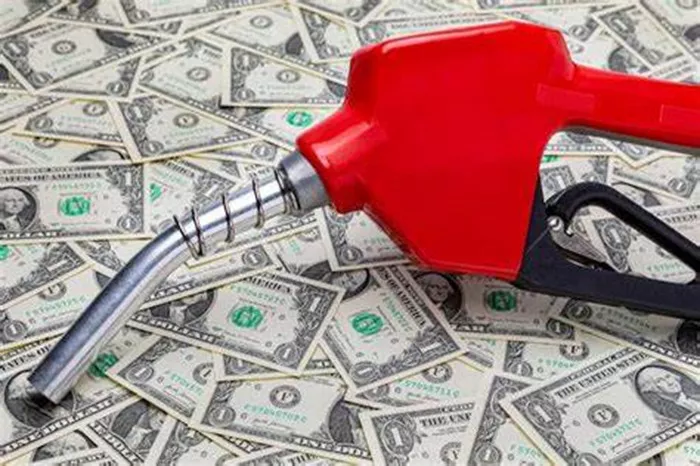Fuel prices in the United Kingdom have become a significant concern for consumers and businesses alike, influenced by various factors including global oil prices, taxes, and local economic conditions. Understanding the current cost of fuel per gallon in the UK requires an analysis of these factors and their impact on pricing trends.
Factors Influencing Fuel Prices
Fuel prices in the UK are influenced by a combination of global and domestic factors:
Global Oil Market Trends: The price of crude oil on the international market is a primary determinant of fuel prices in the UK. Fluctuations in global demand and supply, geopolitical tensions, and production quotas set by oil-producing nations all contribute to price volatility.
Exchange Rates: Since oil is traded globally in US dollars, fluctuations in the exchange rate between the pound sterling and the US dollar can affect the cost of imported oil and, consequently, fuel prices in the UK.
Taxes and Duties: Fuel duty, which is a tax imposed by the UK government on petrol and diesel, significantly impacts retail fuel prices. Additionally, the Value Added Tax (VAT) is levied on both the fuel itself and the fuel duty, further increasing the cost to consumers.
Distribution and Retail Costs: Costs associated with transporting fuel from refineries to distribution points and then to retail outlets, along with retail markup, influence the final price paid by consumers at the pump.
Current Fuel Prices in the UK
As of the latest data available, the average price of petrol in the UK is approximately £1.46 per litre, while diesel is priced slightly higher at around £1.52 per litre. These figures translate to approximately £6.64 per gallon for petrol and £7.02 per gallon for diesel, based on the standard conversion of 1 litre = 0.22 gallons.
Regional Variations
Fuel prices can vary significantly across different regions of the UK. Urban areas and motorway service stations often have higher prices due to higher operating costs and increased demand. Rural areas and supermarket fuel stations may offer slightly lower prices as part of competitive pricing strategies.
See also: 3 Types of Fuel Oils & What They’re Used For
Impact on Consumers and Businesses
High fuel prices have a direct impact on the cost of living for consumers and operating costs for businesses:
Consumer Spending: Increased fuel prices can lead to higher transportation costs, impacting household budgets and potentially reducing discretionary spending on other goods and services.
Business Operations: Industries heavily reliant on transportation, such as logistics, delivery services, and public transportation, face higher operational costs which may be passed on to consumers through increased prices for goods and services.
Government Policies and Regulations
The UK government plays a crucial role in determining fuel prices through taxation policies and regulatory frameworks:
Fuel Duty: This is a major component of the retail price of fuel in the UK. Changes in fuel duty rates can have a direct impact on consumer prices and government revenue.
Environmental Policies: Increasing focus on reducing carbon emissions and promoting cleaner fuels has led to policies encouraging the use of electric vehicles and biofuels. These policies could influence future fuel prices and consumption patterns.
Future Outlook
The future trajectory of fuel prices in the UK depends on several key factors:
Global Economic Conditions: Economic recovery post-pandemic, geopolitical developments, and shifts in global oil supply and demand will continue to influence oil prices and, consequently, fuel prices in the UK.
Government Policies: Future changes in fuel duty rates, VAT, and environmental policies will shape the cost of fuel and the transition towards greener energy alternatives.
Technological Advancements: Developments in fuel efficiency and alternative energy sources could mitigate the impact of rising fuel prices over the long term.
Conclusion
Understanding the cost of fuel per gallon in the UK involves considering complex interactions between global oil markets, domestic taxation policies, and regional economic factors. As consumers and businesses navigate these challenges, staying informed about fuel price trends and government policies will be crucial in managing costs and planning for the future.
Related topics:
How Much Is Fuel Per Litre In the UK?

